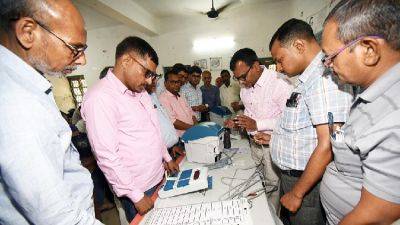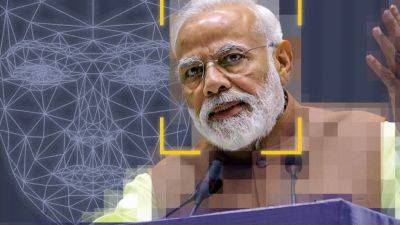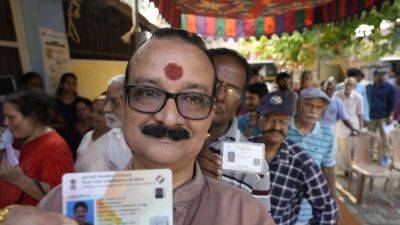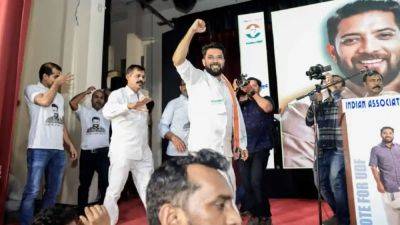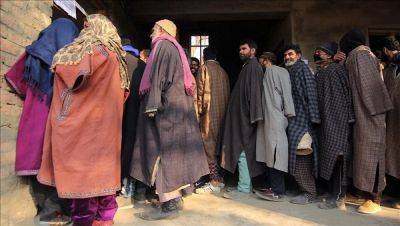India elections set to kick off: 5 things to know
NEW DELHI -- India, the world's most populous country and largest democracy, kicks off its weekslong, multiphase general elections on April 19, with popular Prime Minister Narendra Modi seeking a third straight five-year term in power.
About 970 million people in the South Asian country of more than 1.4 billion are eligible to vote, with ballot counting scheduled for June 4, three days after voting ends. Among those registered to vote are 18 million first-timers 18 or 19 years old, as well as 8.2 million people over 85.
Here are five things to know.
What is the general election process?
Elections are being held for 543 seats of the Lok Sabha, the lower house of Parliament, whose full term is five years, with citizens 18 years old and above eligible to vote.
A party or coalition needs to win 272 seats to form a government. The ruling Bharatiya Janata Party (BJP) managed to secure a simple majority in the last two elections, in 2019 and 2014, when it won 303 and 282 seats, respectively. The main opposition Congress party, which was able to achieve a simple majority seven times in elections held in post-independence India, has become a shadow of its former self as it bagged just 52 and 44 seats in 2019 and 2014, respectively.
In India's first-past-the-post electoral system, the candidate with the most votes wins. Voters do not directly elect a prime minister, with members of Parliament deciding on who should fill that position. Usually the leader of the party or coalition that holds the majority of seats in the Lok Sabha is elected as prime minister and then appointed by the president.
Why does polling last over a month?
The seven-phase general election runs from April 19 to June 1, with over 1 million polling stations set up


